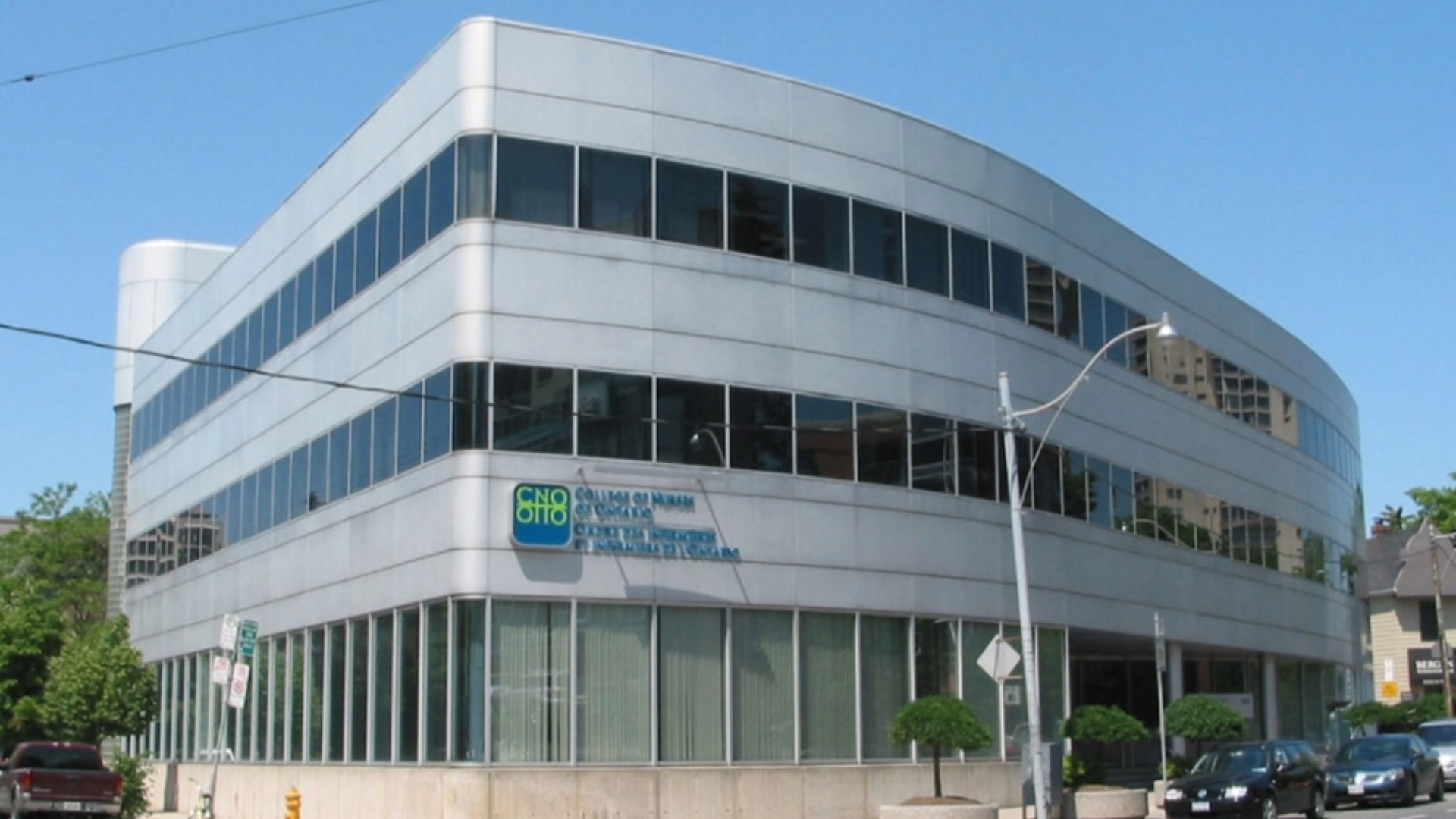
Nurse Alters Morphine Record, Patient Dies: CNO Orders Permanent Resignation
A Profound Breach of Trust in End-of-Life Care In CNO v. Lindsey Coyle, the Discipline Committee of the College of Nurses of Ontario addressed one

On August 28, 2023, a judge of the Ontario Superior Court of Justice dismissed a motion by Defendant physicians seeking an order requiring the Plaintiff to undergo a neuropsychological assessment late in the litigation.
The central liability issue in this medical malpractice lawsuit was whether the Defendant physicians failed to address the Plaintiff’s neurologic symptoms as an infant and child. The Plaintiff was diagnosed with cerebral palsy. It is alleged that this was a misdiagnosis and that a correctable spinal abnormality was missed.
ISSUE
The issue on the motion was whether the Defendant physicians should be permitted to conduct a defence neuropsychological assessment eight years after delivering their statement of defence and about nine months before a scheduled trial in a case where no issue of cognitive impairment was ever advanced by the Plaintiff.
FACTS
Background
The following events occurred leading up to this motion:
Parties’ Position
The Defendant physicians submitted that the plaintiff should undergo a neuropsychological assessment because (1) the Defendants have a prima facie right to require the Plaintiff to submit to the requested neuropsychological assessment; (2) fairness requires the Defendants to be able to test the Plaintiff’s damages experts’ assumption that the Plaintiff has no cognitive impairments; (3) the Plaintiff’s cognitive functioning is relevant to the issue of damages; and (4) any alleged prejudice has been caused by the Plaintiff’s refusal not by the Defendant physicians’ proposed timing.
The Plaintiff argued that (1) leave is required to bring this motion; (2) there is no automatic requirement to a first or subsequent defence medical examination; (3) the Defendants must demonstrate with evidence that the examination is likely to provide information relevant to the action; and (4) the court should consider the factors of fairness, necessity and prejudice.
DECISION
The motion judge determined there was no evidence supporting the allegation that good reason existed to believe there is substance to the allegation of neuropsychological impairment, justifying the examination.
In fact, the motion judge found evidence to the contrary. Neither the Statement of Claim nor the Statement of Defence raised the issue of neuropsychological impairment. Further, the future care cost report delivered 12 years ago noted that the medical records described the Plaintiff as having normal cognitive function. The Plaintiff’s speech problems were attributable to physical limitations, and his education placement plans addressed physical disabilities only. The Plaintiff also took applied studies in high school, was very adept with computers and graduated with honours from Durham College. Further, the Plaintiff’s mother deposed that she has never had any concerns with her son’s cognitive abilities, nor has anyone told her that her son has cognitive issues.
The motion judge noted that the request for neuropsychological assessment came after the Defendants attempted to examine the Plaintiff for discovery, which was not attempted until 2022 by videoconference and 2023 in-person.
The Defendants provided no explanation for their failure to examine the Plaintiff in 2015 and 2016, seven years earlier, when everyone else was examined. Moreover, “it could not have come as a surprise to the sophisticated defendants and their experienced legal team that a ventilator dependent quadriplegic had communication challenges.”
The court also considered fairness, necessity and prejudice in determining whether to grant the order. In assessing fairness, the motion judge concluded that “while appropriate avenues for discovery should be available to the defendants, fairness dictates that those avenues for discovery should be pursued promptly.” The Defendants’ suggestion that they were unaware of the Plaintiff’s communication issues until his in-person examination for discovery was contradicted by the information the Defendants relied on, and the motion judge held it was unfair for the Defendants to pursue an unpleaded and unsupported theory.
In assessing necessity, the motion judge distinguished this case from Klinck v. Dorsay. In Klinck, the defendants provided medical evidence that a genetic cause for the plaintiff’s injuries was a reasonable possibility. No such evidence was provided in this case. Further, the Defendants did not identify which neuropsychologist would perform the examination and how that testing would be undertaken for a ventilator dependent quadriplegic, as required by Rule 33.02. The motion judge stated that mere speculation of cognitive issues does not equate to “good reason” to believe there is substance to the allegation.
Finally, in assessing prejudice, the motion judge balanced the right of the Defendants to fairly and properly investigate the Plaintiff’s claim against the prejudice to the Plaintiff. The motion judge determined that the Plaintiff complied with the deadlines for the delivery of expert reports in the timetable agreed upon by the parties. Further, no request was made to examine the Plaintiff until four months before the deadline for the delivery of the damages reports and at least six years after the examinations of the other parties. Therefore, no good reason existed to believe there was substance to the allegations that the Plaintiff had some neuropsychological impairment, and permitting such an examination would prejudice the Plaintiff by delaying the trial.
In the result, the motion judge dismissed the Defendants’ motion for an order requiring the Plaintiff to undergo a neuropsychological assessment because no good reason supported the Defendants’ allegation of the Plaintiff’s cognitive impairment, and the elements of fairness, necessity and prejudice weighed in favour of denying the request for an examination.
Decision Date: August 28, 2023
Jurisdiction: Ontario Superior Court of Justice

A Profound Breach of Trust in End-of-Life Care In CNO v. Lindsey Coyle, the Discipline Committee of the College of Nurses of Ontario addressed one

What College of Physicians and Surgeons of Ontario v. Thirlwell, 2026 ONPSDT 5 Means for Patients and Public Trust In College of Physicians and Surgeons